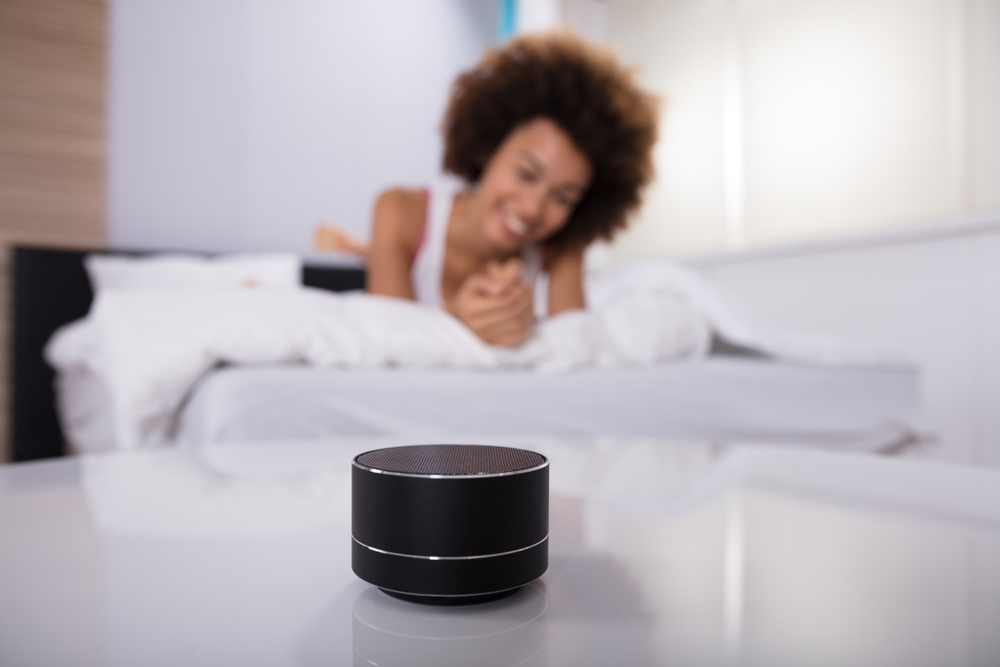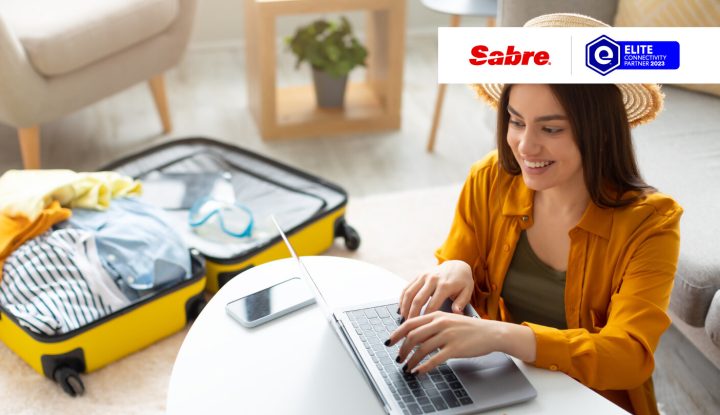AI and voice search aren’t just coming to a hotel near you. In many cases, they’re already here.
Several brands
now offer in-room Amazon Alexa devices to help personalize guest experiences; Amazon the in-room assistant integrates with hotel amenities and services and aims to be “your guests’ virtual concierge,” Amazon says. And the Google Assistant is
making real-time translations and conversations possible, breaking language barriers to make guests feel more at home.
For some guests, a stay in one of these rooms or suites may be their first up-close-and-personal experience with a smart home device or digital assistant. But nearly
one in five U.S. adults had access to a smart speaker last year, and that number is only going to keep growing.
Time-saving benefits for guests – and your staff
It’s not difficult to quantify the guest-experience benefits of in-room smart devices and AI. From the moment they walk in, simple voice commands can give your guests full control over room lighting and temperature, eliminating those questions about which switch does what or how to work the thermostat.
And, instead of puzzling over how to find a favorite channel, the digital assistant can control the TV. In some rooms, a voice command can even open the drapes or blinds, or close them for privacy.
For hoteliers, the biggest immediate benefit will be the staff time savings that smart devices can deliver. Guest-facing employees traditionally spend hours each week taking requests for wake-up calls, more towels and so forth, in addition to handling room service orders and other needs.
A connected in-room assistant can use AI to handle those requests, minimizing the need for staff involvement. As more guests rely on Siri, the Google Assistant, and other digital helpers to update their calendars and set alarms, this automation of services won’t seem impersonal – it’ll be a natural extension of their everyday routine.
Actionable data to benefit loyalty and customer service
But aside from delighting travelers and removing friction from their on-property experience, there’s a bigger benefit for hoteliers that comes with in-room smart devices: easy access to data on your guest’s experience.
With that in mind, our new playbook for direct hotel distribution explores the benefits of in-room AI and smart devices like these – because before long, this technology won’t be just a nice perk of a hotel stay, but an expected part of guests’ day-to-day lives that travelers and hoteliers alike will depend on.
We know AI and machine learning gives hoteliers greater analytic intelligence, not only for segmenting guest profiles but for gaining a fuller understanding of their preferences, habits and likely future choices. On-property AI makes it easier to see larger trends among guests, such as which room service items are most popular.
But with customer loyalty at a premium, the data points these systems provide AI helps you provide personalized services and promotions for current or future stays.
Shared access to actionable data from guest visits, combined with the personal profile details they share and their history with your brand, can make it easier to book future stays and customize services for repeat guests, especially corporate travelers. In a highly competitive marketplace, the knowledge you can gain about guest preferences can help you personalize the experience and keep that guest coming back.
For more in-depth insights on how technology, consumer behavior, and market trends are changing guest expectations, and how you can benefit, get your copy of our new industry playbook, “The Hotelier’s Guide to Building a Successful Distribution Strategy.” It contains more research and insights to help you connect with guests to build loyalty and increase revenue in a market where technology and AI have moved from science fiction to on-property fact.



